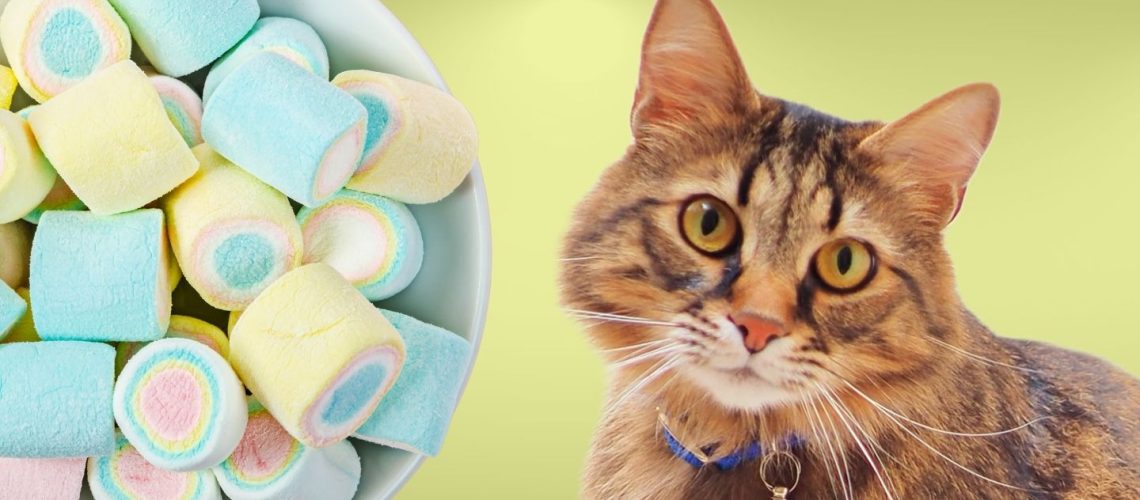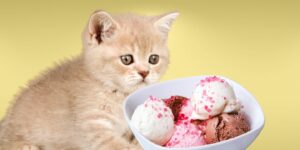Cats should not eat marshmallows as they contain sugar and other ingredients that can be harmful to their health. Instead, you can provide your cat with alternative treats that are more suitable for their dietary needs.
Dangers of Sugar in Cats
Marshmallows contain high levels of sugar which can have several negative impacts on the health of your cat.
Weight Gain
Excessive sugar consumption can lead to weight gain in cats, increasing their risk for obesity and other health problems.
Diabetes
Cats are susceptible to diabetes, and a diet high in sugar can increase their risk of developing this condition.
Dental Issues
Sugar can contribute to the development of dental issues, such as plaque buildup and tooth decay, which can cause discomfort and pain for your cat.
Other Harmful Ingredients in Marshmallows
Marshmallows contain several other ingredients that can be harmful to cats.
Corn Syrup
Corn syrup is another form of sugar that can contribute to the same health problems mentioned above.
Artificial Coloring and Flavoring
These additives serve no nutritional purpose and may cause adverse reactions in some cats.
Gelatin
Gelatin, which is an animal byproduct, can be difficult for cats to digest and may cause gastrointestinal upset.
Signs of Gastrointestinal Upset
If your cat consumes marshmallows, watch for the following signs of gastrointestinal upset:
Vomiting
Diarrhea
Loss of Appetite
Feeding a Balanced Diet to Your Cat
To keep your cat healthy, it's essential to provide them with a balanced, species-appropriate diet.
Importance of a Species-Appropriate Diet
Cats are obligate carnivores and require a diet primarily based on animal proteins to meet their nutritional needs.
Commercial Cat Food Options
Many commercial cat foods are specifically formulated to meet your cat's dietary requirements. Always look for high-quality options with a primary focus on meat-based ingredients.
Homemade Cat Food Considerations
If you choose to make your cat's food at home, it is essential to work with a veterinarian or feline nutrition expert to ensure that their diet is balanced and meets their nutritional requirements.
Safe Treat Options for Cats
Instead of marshmallows, consider providing your cat with safe and nutritious treat options.
Catnip
Many cats enjoy catnip, a natural herb that can provide stimulation and enjoyment.
Freeze-Dried Meat or Fish
Freeze-dried meat or fish treats can be a healthy snack, offering protein and other essential nutrients.
Commercially Made Cat Treats
Stick to specially-made cat treats that are formulated specifically for feline consumption and health requirements.
Tips for Introducing New Treats to Your Cat
When offering new treats to your cat, keep the following in mind:
Start with Small Portions
Begin by giving your cat a small amount of the new treat to monitor their reaction.
Monitor for Allergic Reactions
Watch for any signs of allergic reactions, such as itching, swelling, or difficulty breathing.
Keeping Treats as a Reward for Good Behavior
Remember to use treats as a reward for good behavior, rather than a regular part of their diet, to maintain balanced nutrition.
When to Consult a Veterinarian
If your cat experiences persistent gastrointestinal issues, allergic reactions, or if you have concerns about their diet and nutrition, consult your veterinarian for guidance and recommendations.






